In Her Words: Donna Crews, Health and Wellness Executive, Living Her Values At Home and At Work
Retired Air National Guardsman works to promote health and wellness in her current role as vice president of behavioral health services delivery
My husband, Ed, and I met when we were both on a trip with the Oklahoma Air National Guard to London. Ed and I actually grew up in neighboring towns in Oklahoma but didn’t meet each other until we both happened to be on that trip. I guess it was fate! When we came back, we moved to Florida, transferred to the Florida Air National Guard, and began our life together. We got married in 1988 when I was 20 years old and we were still in college. Although I initially thought I wanted to be in the medical field, life took us in different directions. I ultimately got a degree in finance, and then we started our family along the way.
Now I’m 56 years old, live in Claremore, Oklahoma and have been married for more than 35 years. Ed and I have two amazing daughters Erin, age 32, and Sara, age 29. They're the joy and the pride of everything that we do. They are our mission and our purpose in life. All our goals have centered around family first. Because family has always been central to my purpose and we are a military family, the work I have been most passionate about has been in support of military service members and their families.
I was 36 years old, leaving my kids and a husband to have people yell at me like I was 18 years old again. But it was a good experience and I’m glad I went through it.
After about eight years in the Air National Guard performing various roles, I left the Guard and my civilian job as a revenue analyst at American Airlines to focus on our family. Once Erin and Sara got a little bit older, I volunteered for the Air National Guard as the family readiness group leader, serving military families as their service members were deploying. I was holding pre-deployment briefings and organizing events for families while their service members were deployed to make sure they still had connection to their Guard family, and to help them manage the changes that come along with deployment.
With the changing world, it meant more deployments for our Air National Guard Unit, and many of them were longer in duration. Deployments were sometimes 30 days, sometimes 180 days, sometimes a year, depending on what was happening for the unit at the time. My volunteer job became a full-time job. I loved doing this work.
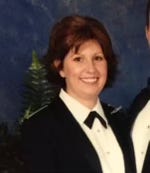
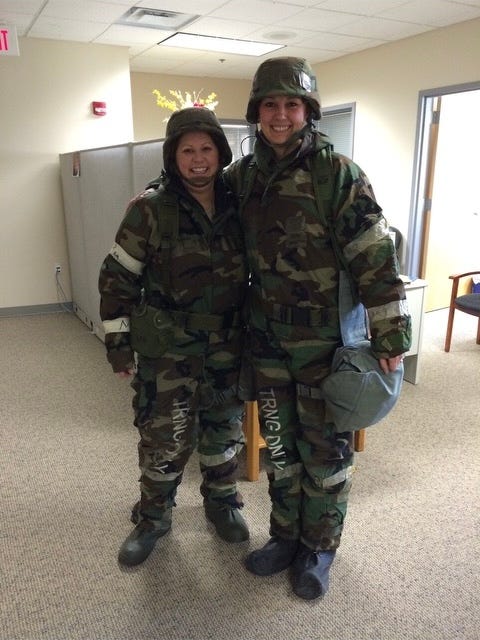
A few years later, after I had been out of the military for 11 years, I decided to rejoin the Air National Guard, but as an officer. I applied and was accepted, but I had to go to officer candidate school, which was called the Academy of Military Science or AMS at the time. I was 36 years old, leaving my kids and a husband to have people yell at me like I was 18 years old again. But it was a good experience and I’m glad I went through it. When I graduated from AMS, I was a new leader in the Air National Guard and had many lessons to learn. My assignments ranged from executive officer, a public affairs officer, and then doing a tour working as the Air National Guard liaison for family readiness. I was working jointly with the Army National Guard. A few years before I retired in 2016, I became trained as a Master Resilience Trainer when the Air Force was building their resilience program, which was called Comprehensive Airman Fitness.
I put people first because when you take care of people, people will do better work than one can do alone. In my AMS training, the motto was to lead, follow, or get out of the way.
My civilian job was the project manager for the Air National Guard Yellow Ribbon Reintegration Program, I was working to enhance Yellow Ribbon events by incorporating some of what I had learned as a Master Resilience Trainer to help service members and their families. Instead of focusing solely on benefits and entitlements, like understanding benefits and making sure legal documents for things like power of attorney were in place, we started also talking about how to practice gratitude, how to balance your thinking, how to live your values and respond proactively to the things that are happening in your life.
Now I am the vice president of behavioral health services delivery for TechWerks. The main contract that I work on right now through TechWerks is with the Department of Veterans Affairs in support of Whole Health with the Office of Patient Center Care and Cultural Transformation.
My "success" falls at the feet of the women who mentored me in the journey. I had great mentors in the Air National Guard, as a leader, and as a parent.
I’ve had the opportunity to become a health and wellness coach. This is part of the whole health initiative which is about people being experts in their lives and partnering with physicians. It goes beyond managing symptoms with medication to helping patients determine their goals so they align with what’s important to them, hopefully making the behavioral changes that lead to long term success for them. Looking at whole health also means literally meeting people where they are. Where I live in our lovely small town of Claremore, Oklahoma, our resources are not the same as a major city. There's not a gym on every corner in Claremore, Oklahoma and it's cold in the winter and hot in the summer. There are long distances between your house and the store so we drive a lot here. It's not like living in a city where you get lots of walking in. Meeting people where they are enables them to set goals that are achievable; they feel success and make lasting change that improves their overall wellness. If we can help people figure out what's important to them and what their purpose is, and then help them map their goals to their purpose, the behavior change comes from within. When it's patient-centered, or patient-directed you’re more likely to have sustaining change.
The other thing I would tell myself is that every phase of life seems hard because it’s the first time, but you're going to get through it.
I love that I started out supporting families, went on to support military members, and now I get to support veterans. I am very passionate about this work and am now pursuing my health and wellness coaching certification and starting my own business where I plan to continue this work.
Belle Curve Stories is about women navigating life with grit, grace, and growth. What do those three words mean to you?
I believe that there's a plan for us in our life that we might not necessarily know. You have to have faith and give yourself permission to forgive yourself if things don't work out exactly like you think they will. As they say, one door closes and another opens. In our lives we've definitely had some challenges where I thought “What happens now? What does this mean?” And then all of a sudden, the next opportunity is amazing.
The nature of contracts is they can just go away and be given to another company. I was project manager for Yellow Ribbon for a really long time and then suddenly the contract went to another company and I didn't have a job. That was traumatic but I had this working relationship with TechWerks who said “Hey, would you like to help us out with this little thing here?” and now many years later I'm a VP in that organization. Things lead into other things so you can’t beat yourself up.
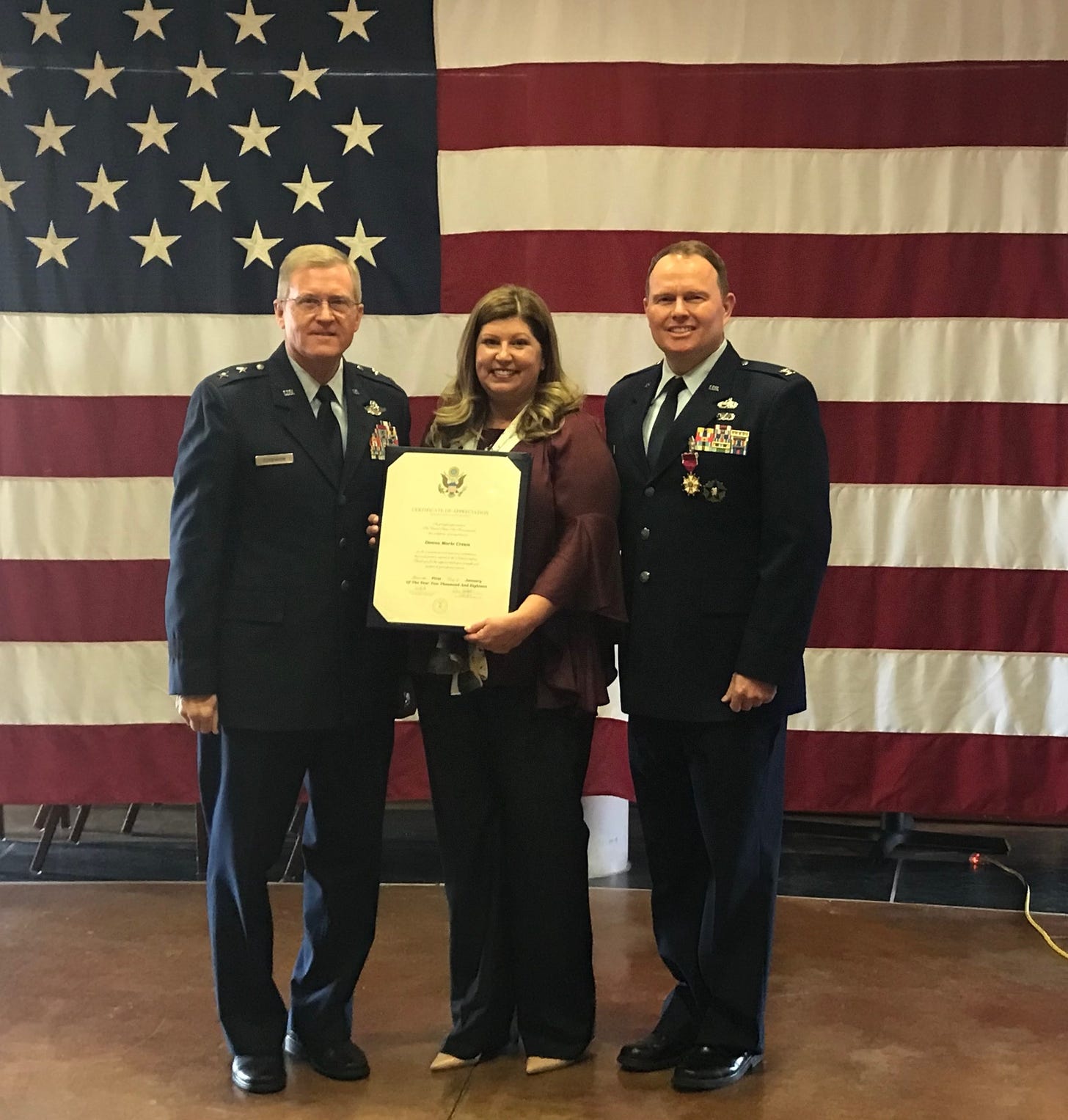
Women are good at talking each other off the edge, but we need to do it for ourselves too. I have friend at work who is super hard on herself but is great at helping others see how well they’re doing. We have to have grace with ourselves as well as with others.
One of the things that I've grown into is managing really large teams. I put people first because when you take care of people, people will do better work than one can do alone. In my AMS training, the motto was to lead, follow, or get out of the way. You have to understand where you need to be. Sometimes you have to get yourself out of the way so others can do what needs to happen to get the job done and to be the best the organization needs in that moment. We all have strengths. I'm a big believer in aligning people by their strengths so that they can be their best self and thrive in the position. To grow you don't necessarily have to improve your weaknesses. You have to know your strengths and apply them so that you can be the best you can be. I think one of the things that's made me successful with managing teams is that I don't try to improve people. It's okay to not be good at things. I don't have to be perfect either. We are a perfect team, not a perfect individual. That's where grace comes in.
I think it’s important to thank my mentors. My "success" falls at the feet of the women who mentored me in the journey. I had great mentors in the Air National Guard, as a leader, and as a parent. I now have a wonderful boss who gives me opportunities to grow, even at my age. Some of my advisors are no longer with us, but their wisdom continues to mentor me. That's their legacy, and it’s one that I'm hoping to pass along to those I mentor now.
If you could go back in time and give advice to your 25-year-old self, what would you tell her?
I would say stop worrying about stuff because it's all going to be okay. Stop overthinking. Stop stressing about the little things. The other thing I would tell myself is that every phase of life seems hard because it’s the first time, but you're going to get through it.
As told to and edited by Teresa Bellock and Sandra Ditore
Donna Crews, 56, is vice president of behavioral health services for TechWerks, a government contracting firm. She is in the process of earning her certification in health and wellness coaching and starting her own coaching business, Thriveset. Donna and her husband, Ed, are both Air National Guard retirees, live in Claremore, Oklahoma, and are the proud parents of two adult daughters, Erin and Sara.




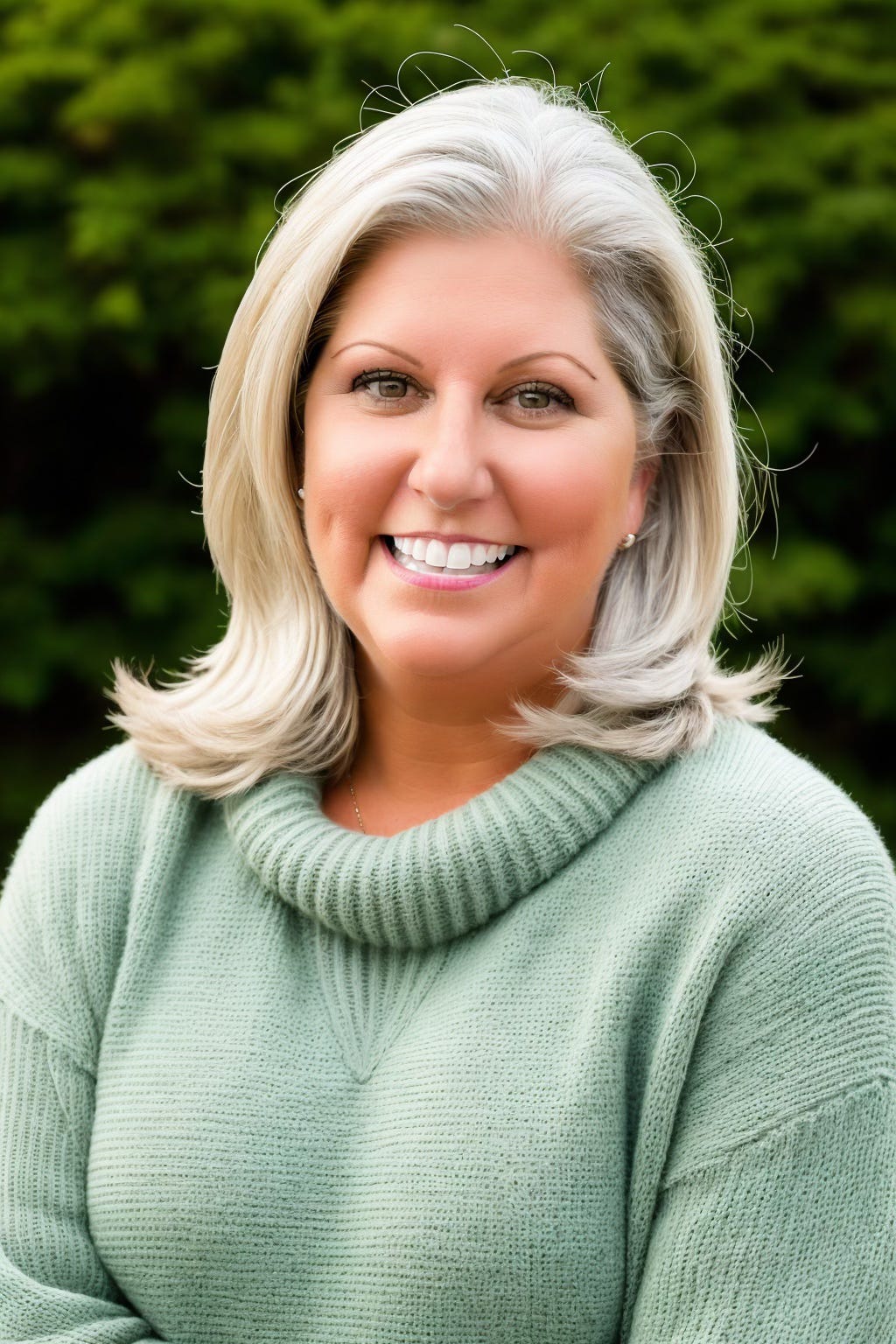
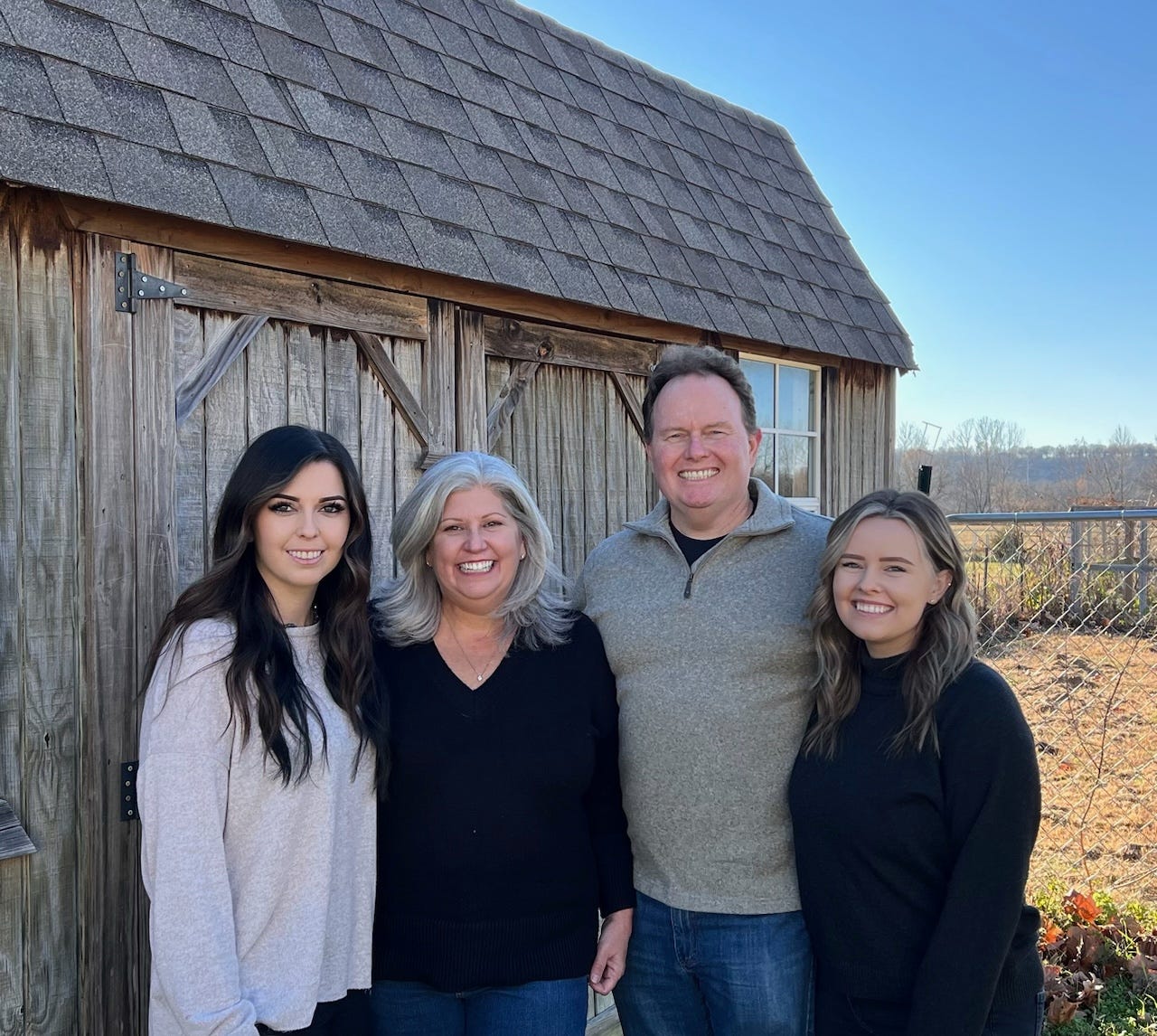

Another great story about a woman who is finding meaning and satisfaction in her life in addition to impacting other people’s lives in a very positive way.
What a beautiful soul. She knows what is important to her and has built her life to support that.